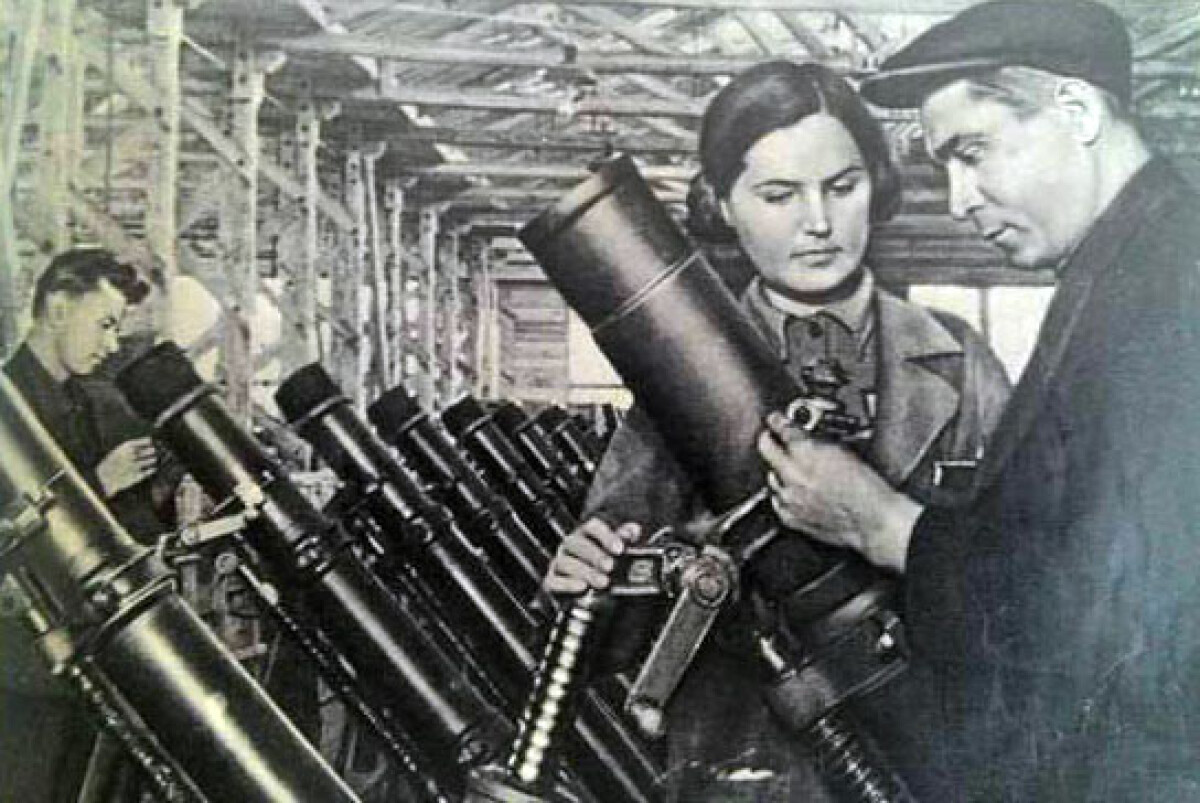
For eight decades the public has been discussing one of the most terrible wars, in which and our people had to fight. In historiography there are several schools and directions, principles and approaches to the study and evaluation of this historical event. In modern society, symbols of victory have become an instrument of political games and influence. For all these vicissitudes it becomes difficult to find the truth. In Soviet times everything was simple and clear, the USSR was attacked, it was difficult, but we defeated fascism. But now it is difficult to understand the origins and causes of the war, when the author of one book claims that Hitler is guilty, and the other is Stalin. Polarization of opinions became possible both due to the change of political orientations, and the access to new data of archives of foreign countries. Nevertheless, the historical science has the task to get to the truth and as objective as possible to examine the history of the war.
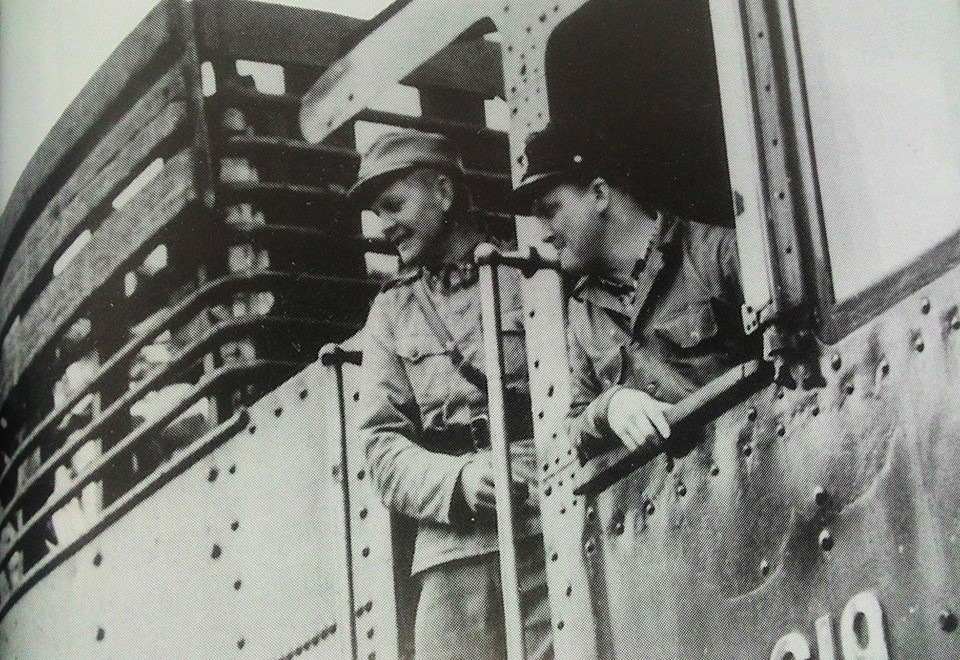
And now, on June 22, we remember the beginning of the Great Patriotic War and at the time to reflect: how true are the concepts of the "Great Patriotic War", "World War II", and "Second front" entrenched in classical historical science? And what was the name of this war on the other side of the front?
Without claiming to debunk the myth, let's try to understand the events of the 30-40s of the last century. After all, many obvious things that lie on the surface are veiled and presented as a matter of course. Why, for example, does the Second World War in official historical science take a count from September 1, 1939?

According to the Kazakh historian, Doctor of Historical Sciences, Professor G. Mendikulova, the Second World War began on September 3, 1939. Why? As is known, on September 1, 1939, German troops invaded Poland. This is a conflict between the two states. And only September 3, 1939, England at 9 o'clock, France at 12:20, and then the British dominions declared war on Germany. From this moment it is necessary to count the Second World War. That is, from this moment we are talking about a conflict in which several states on the continent participate. They are afraid to speak about this, because the responsibility in the war is allegedly withdrawn in Germany. But there is nothing terrible in this, Professor G. Mendikulova asserts. England and France entered the war on the side of Poland. Several dozens of states on several continents were involved in the war, so the definition "World War II" itself puts everything in its place.
On the other hand, the world war did not arise from scratch. Since 1936, numerous military centers began to emerge in Europe, which were about to burst into flames: a civil war in Spain, in which the Franco regime was personally supported by Hitler, and the Soviet Union, in turn, sent there "volunteers" - military specialists. Yes, and in the Far East, Japan repeatedly attacked Lake Khasan and the Khalkhin-Gol River. But these were local wars.
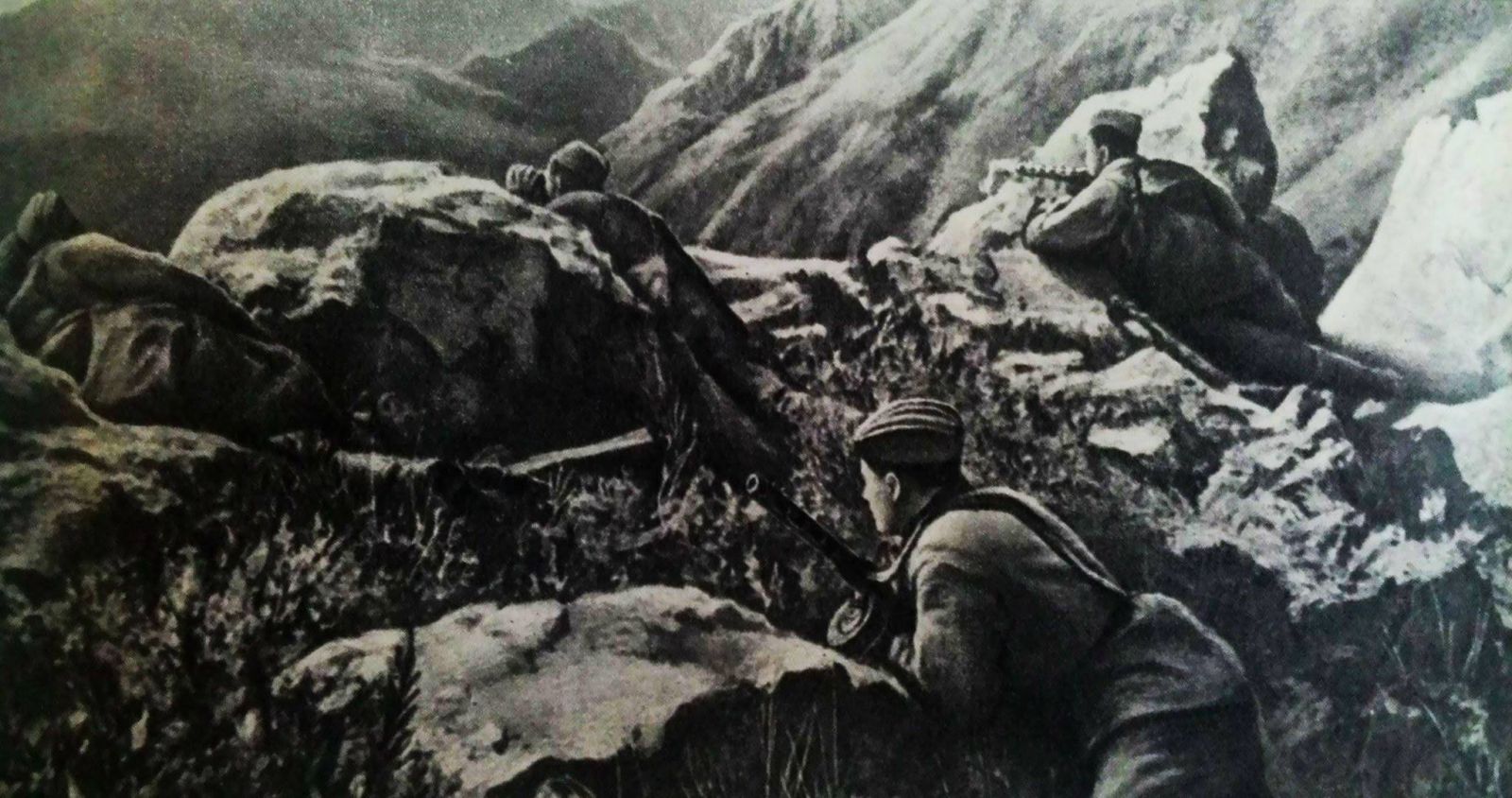
The main instigators of the war are traditionally considered Nazi Germany and Italy, to a lesser degree Japan is regarded, and the USSR is not considered an aggressor. For some reason, the facts of the seizure of Eastern Poland, Western Ukraine, and Western Byelorussia sounded like "assistance in the reunification of fraternal peoples".
"The threat of fascist enslavement looms over Western Ukraine and Western Belorussia. The population of these areas was abandoned to the mercy of fate."
On September 17, 1939, the Soviet government ordered the Red Army's General Headquarters to occupy the territory and "take property and population under protection." As a result of the "liberation campaign" of the Red Army, "half-brothers - Western Ukrainians joined the common family of the Ukrainian people, and Western Belarusians - into the Belarusian." This "noble" mission the Red Army accomplished was absolutely "disinterested".
"The tragic fate of bourgeois Poland aroused deep concern among Latvia, Lithuania, and Estonia: they were also threatened by German aggression. The Soviet government could not remain indifferent to this." Manifesting hypertrophied care in September-October 1939, the Soviet leadership forced the governments of Latvia, Lithuania and Estonia to join the USSR.
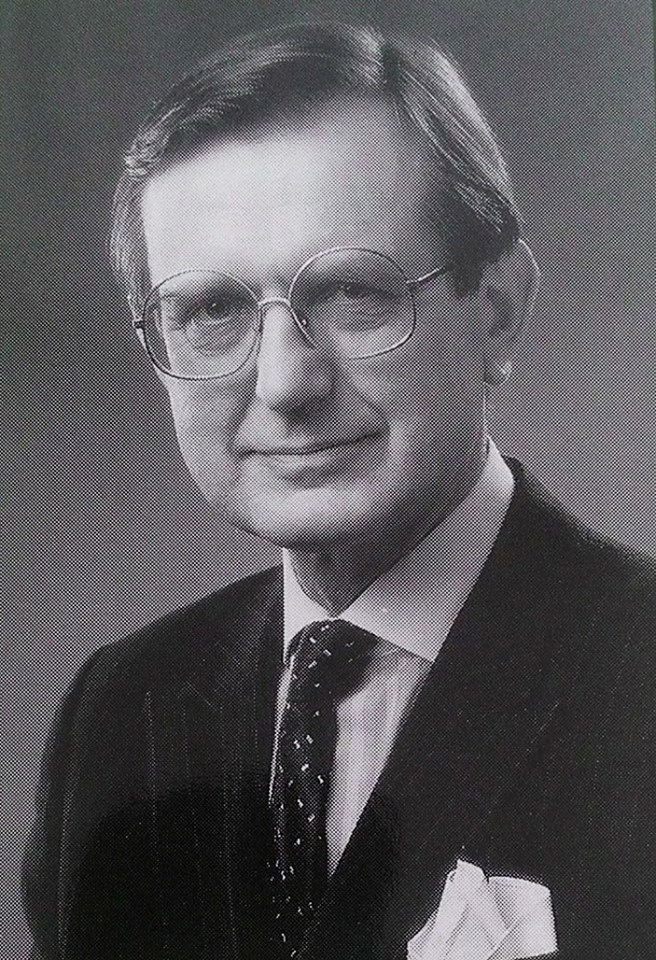
The northern borders of the Soviet state bordered on Finland. And here is the most interesting: despite the current non-aggression treaty, the USSR denounces it, breaks diplomatic relations and starts a war with Finland.
As writes Matt Klinge, for Finland and the whole world was an unexpected attack by the USSR. The reason for the war on the part of the Soviet Union was the classical security problem facing it - the need to advance the defensive line of Leningrad and the northwestern part of the country back to the mouth of the Gulf of Finland, from where it was forced to move to Leningrad itself with the emergence of independent Finland and Estonia.
In the autumn of 1939, Finland was ready to negotiate the exchange of territories on the Karelian Isthmus, but it was not considered possible to discuss the location of the base when exiting the Gulf of Finland (primarily in Hanko) in Finland. The situation that arose after the signing of the Molotov-Ribbentrop pact with the division of spheres of influence turned out to be unfavorable for Finland. Germany during the Winter War remained neutral, the Scandinavian defense system also did not justify itself. The war had to be led on its own.
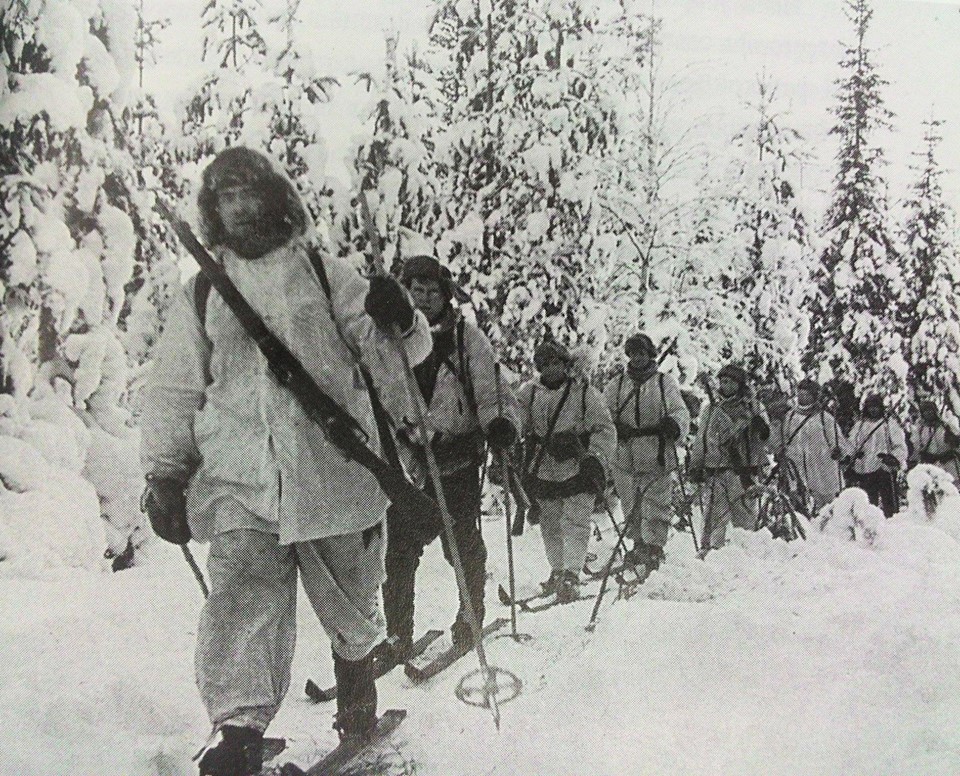
On November 30, 1939, the USSR attacked Finland, hoping for a quick victory, not long before Hitler and Stalin agreed on Finland's entry into the sphere of influence of the Soviet Union. On the same day, the aggression of the USSR was rightly condemned by world public opinion and the Soviet Union was excluded from the League of Nations on the basis of the protocol on the definition of the aggressor. The attack of the USSR on Finland caused the indignation of the entire democratic world, except for the fascist states. The Governments of Great Britain and France sharply condemned Soviet aggression and declared their readiness to render any necessary assistance to Finland. The United States announced the imposition of a moral embargo on trade with the USSR, and some Western countries even arrested Soviet property on their territory.
England sent 101 airplanes, 214 guns, 185 thousand shells, 50 thousand hand grenades, 16 thousand air bombs, 10 thousand anti-tank mines and other military materials to Finland. A large number of weapons and military equipment sent to Finland and France. A 150,000-strong Anglo-French expeditionary corps was preparing to be sent to Finland.
The first Russian offensive unexpectedly stalled. Under the influence of these events, the general tendency towards assessing the military might of the Soviet Union has increased. This point of view expressed in his speech on the radio January 20, 1940 Churchill, saying that
"Finland opened to the world the weakness of the Red Army."
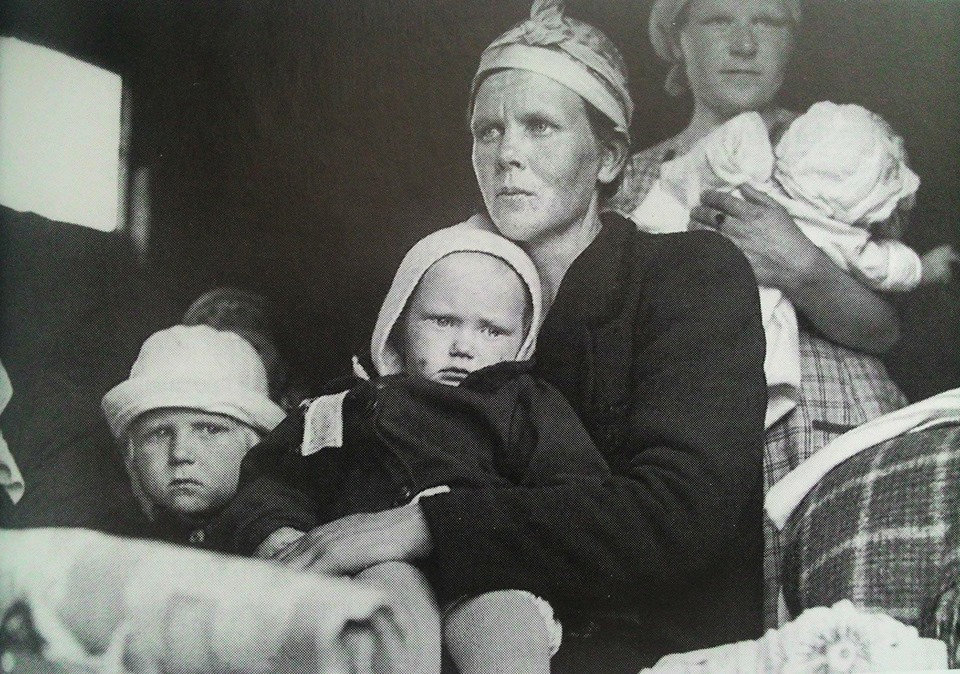
Hitler shared this opinion to some extent, which only further strengthened the argument against the Red Army. Finland managed to keep the defense for three severe frosty months, to destroy several regiments of the Soviet army that were not adapted to the war in the winter conditions and create an unprecedented atmosphere of national solidarity. The whole international press focused on Finland and took the side of the Finns.
Already at the end of December 1939, the Finnish government of Ryti realized the inevitability of defeat, and after the bloody breakthrough of the Mannerheim Line by the Soviet troops, this defeat turned into a historical fact. From total collapse and Soviet occupation, Finland was rescued by England and France, who declared that they would be compelled to declare war on the USSR in the event of the continuation of the offensive of its troops into the depths of Finnish territory. This statement by the Western countries, with the complete neutrality of Germany, drastically cooled Stalin's predatory zeal. In addition, the USSR achieved its initial requirements.
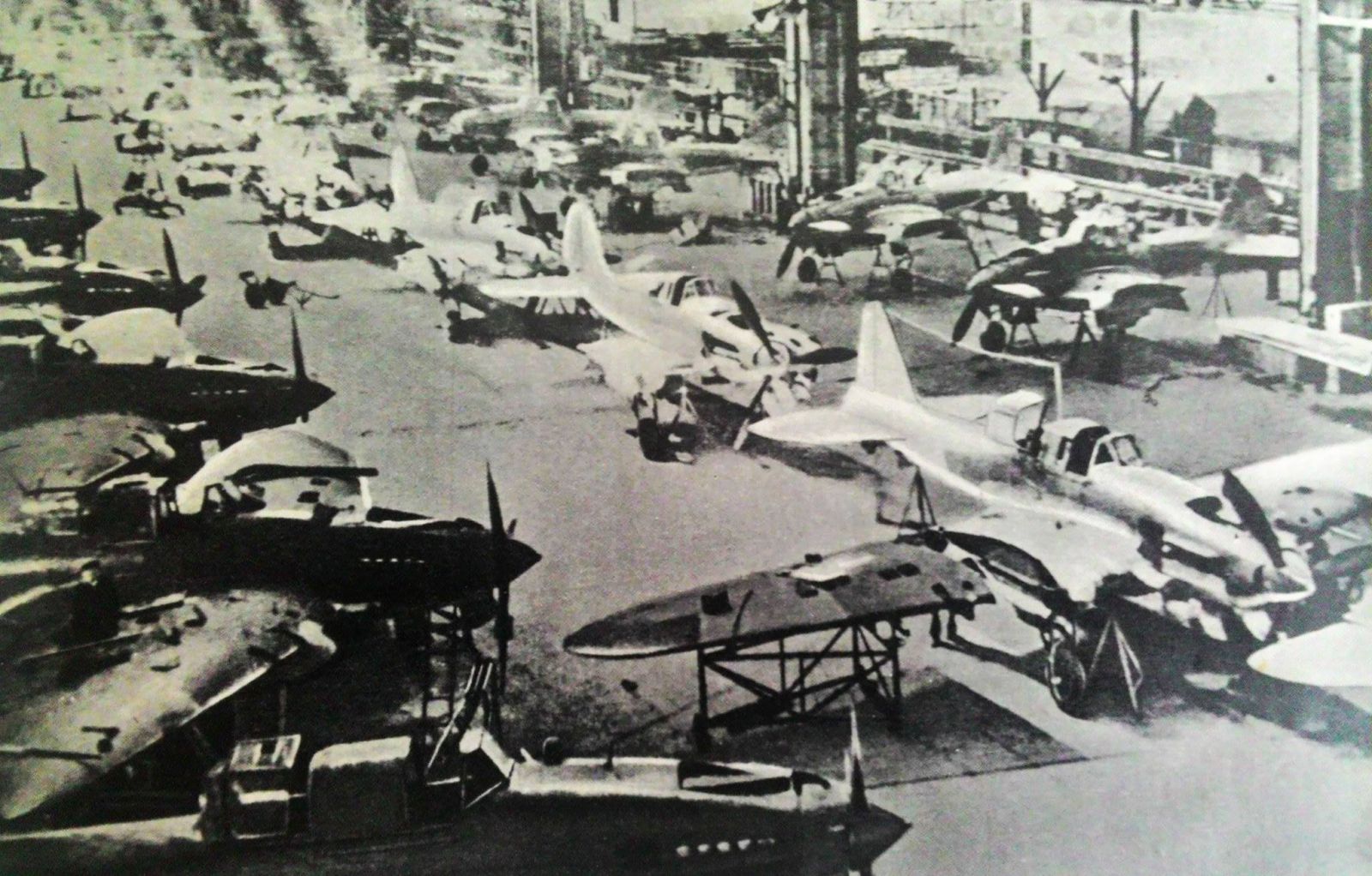
On January 4, 1940, at the initiative of the Finnish government, with the mediation of the United States, bilateral negotiations began to end the hostilities.
On February 28, the Soviet Union expounded its peace conditions to the representatives of Finland.
On March 13, 1940, the unconquered Finland concluded a difficult but honorable peace and maintained its independence. The war between the USSR and Finland helped to rid the Western leaders of illusions about Moscow's methods.
Appetite comes with eating. The next victim of the Soviet aggressor was Bessarabia. On June 26, 1940, the government of the USSR demanded that the Romanian government return to the Soviet Union Bessarabia and transfer the northern part of Bukovina, whose population consisted mainly of Ukrainians. The Romanian rulers did not dare to openly conflict with the Soviet Union and met this illegal demand. June 28, troops of the Red Army crossed the Dniester and went to the Prut. A new Soviet-Romanian border was established. Bessarabia was annexed and became part of the USSR. How is this different from the annexation of the Sudetenland by Hitler? Stalin did not ask permission from England and France. Under the guise of restoring historical justice and this is often the only excuse for a strong state with territorial claims, the USSR expanded its territory and strengthened its borders.
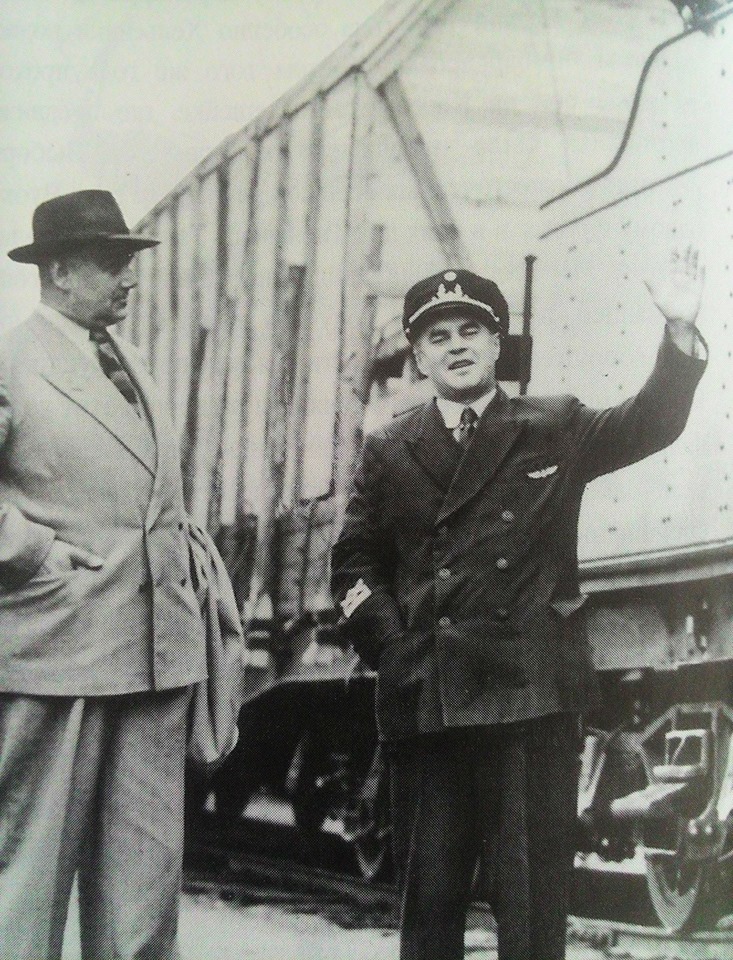
At this time, as B. Liddell Garth writes in the "World War II", Hitler's decision to attack Russia was finally ripe. By the beginning of September 1940, a plan of war with Russia was already outlined. Then still General Paulus was instructed to study this plan. The plan provided for the initial defeat of the Russian armies in the western part of Russia, and then the invasion of sufficient depth in order to protect Germany from the threat of an air attack from the East. For this, the German troops were to reach the line of Arkhangelsk-Volga. By the beginning of November 1940, the detailed development of the plan was completed, and then it was tested at two military games. Hitler was now less afraid of the threat from the Russians and, at the same time, strengthened his intention to attack Russia.
When Hitler invaded Russia on June 22, 1941 the whole course of the war radically changed. The step taken was fatal for Hitler, as for Napoleon in June 1812, although the end of this adventure did not come so quickly. Hitler was expelled from Russia only three years later, German troops penetrated into the interior of Russia twice as far from Napoleon, although Hitler did not succeed in repeating the success with the capture of Moscow. Deeper penetration of Hitler into the territory of Russia became possible due to the use of more advanced means of transportation, but this was not enough to achieve the set goals. Large spaces first led to the collapse of Hitler's plans, and then to defeat.
By the way, in Finland the war of 1941-1944 is called the War of continuation, as it was understood as a continuation of the Winter War and as a desire to compensate for the losses suffered. The Winter War logically explains the reason for Finland's participation in the war on the side of Germany. It appears that the Finns had their own Great Patriotic War?
Translated by Raushan MAKHMETZHANOVA
